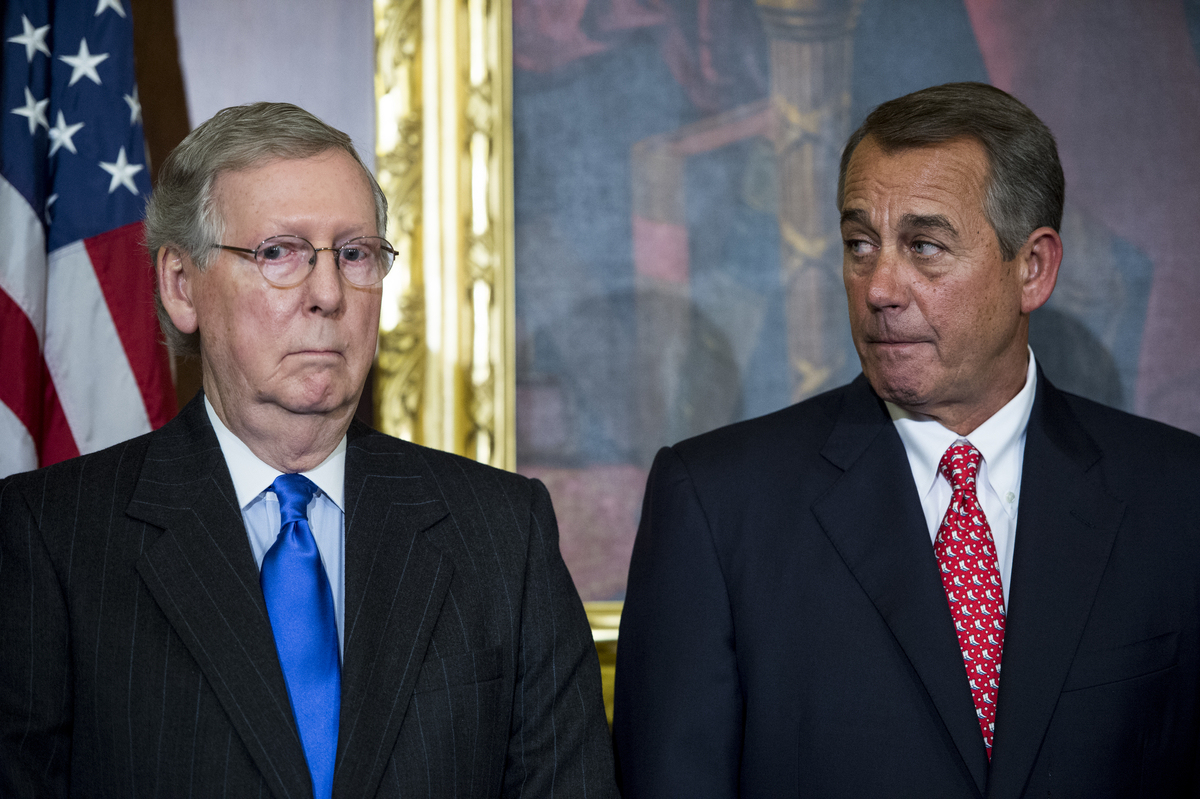U.S. government poised to approve more coronavirus bailout money … Will the money printing madness ever end?
05/19/2020 / By Tracey Watson

Close to 3 million Americans filed for unemployment benefits last week. After hitting record highs in early April, the number of claimants has declined steadily over the past six weeks, but the total number of people claiming unemployment as a result of the coronavirus pandemic is still disturbingly high at 36.5 million.
Experts warn that this number will continue to increase in the coming weeks.
The American economy is bleeding, and people are desperate for relief, which is one of the main reasons for the nationwide waning of support for the strict lockdown measures that scientists insist need to be eased with great care to prevent a second – potentially more deadly – wave of COVID-19 infections.
While economists and healthcare officials continue to present conflicting views about what is best for the country, the reality on the ground is that people can’t make their mortgage payments, and some can no longer afford to feed their families.
President Trump has already signed the largest rescue package in U.S. history, known as the Coronavirus Aid, Relief and Economic Security (CARES) Act, into law.
Now, the House has approved a proposal for a further $3 trillion in aid.
The Republican-controlled Senate has indicated that it will not approve the House’s so-called HEROES Act, but the White House has indicated that it would support handing out another round of stimulus checks. (Related: Coronavirus pushes unemployment to highest levels since the Great Depression.)
The largest bailout in U.S. history
As reported by Smart Asset, Democrats and Republicans were uncharacteristically cooperative in their efforts to get the initial $2 trillion CARES Act passed.
That legislation made provision for emergency financial assistance to individuals and businesses in distress as a result of the coronavirus pandemic.
A further $484 billion in funding was later approved by the president to assist small business programs and healthcare providers. (Related: Massive fraud alert: Coronavirus “recovery” bill gives Fed control over $450 billion in SECRET — who’s going to get this money?)
The first round of stimulus checks were provided for those who submitted income tax returns in 2018 or 2019 (whichever was the most recent), and paid out $1,200 for individuals or $2,400 for married couples, in addition to $500 for dependents. The checks were payable to individuals who earned upwards of $75,000 and couples whose earnings totaled less than $150,000 annually. The amounts payable were reduced on a sliding scale for those in higher income brackets.
The HEROES Act would provide yet another $3 trillion in relief funding, as reported by VOX:
The legislation, which includes over $900 billion in federal funding for states and cities, as well as another round of stimulus checks and an extension for expanded unemployment insurance, passed the House 208-199 predominately on party lines. …
Democrats note they’ve moved quickly on this measure due to the urgency of the crisis. The bill, which also contains a $200 billion fund to cover hazard pay for frontline workers, is Democrats’ stake in the ground as negotiations continue.
While Senate Republicans have not expressed much interest in the bill, senior White House officials have indicated that the president would support the distribution of further stimulus checks.
As reported by CNBC, a statement from the White House added:
As President Trump has said, we are going to ensure that we take care of all Americans so that we emerge from this challenge healthy, stronger, and with economic prosperity, which is why the White House is focused on pro-growth, middle class tax and regulatory relief.
Clearly, the coronavirus pandemic has decimated the U.S. economy, and Americans are in dire need of assistance, but are these massive bailouts really the answer? Should the government be more focused on ways to provide long-term economic relief to the millions of Americans affected by the pandemic rather than handing them a check to tide them over for another month?
Keep up with all the latest developments at Pandemic.news.
Sources for this article include:
Tagged Under: bailout money, CARES Act, Collapse, coronavirus, economic relief, Federal Reserve, fiat currency, HEROES Act, President Trump, risk, stimulus checks, stimulus packages, Wall Street, White House
RECENT NEWS & ARTICLES
COPYRIGHT © 2017 NATIONAL DEBT NEWS



















